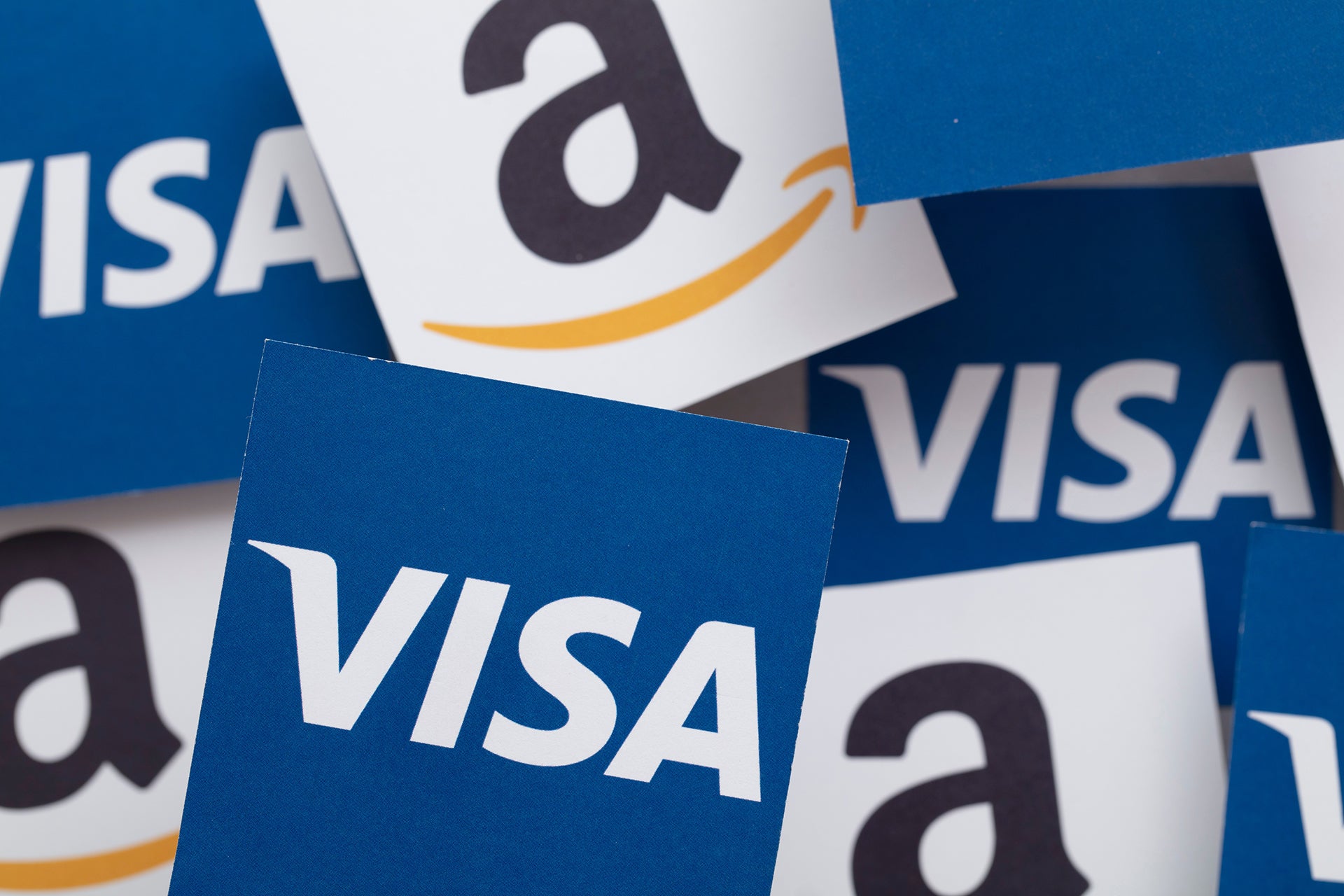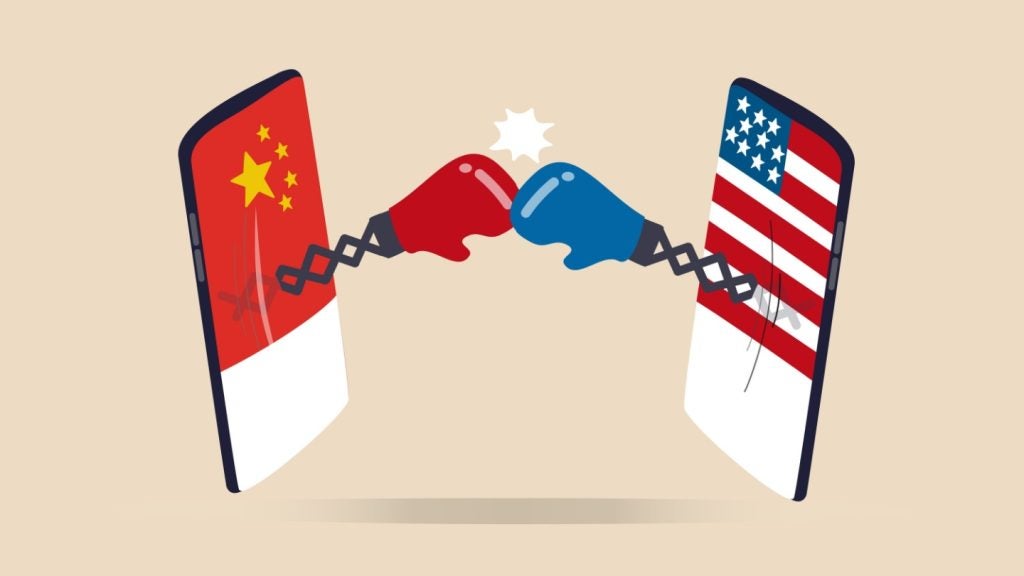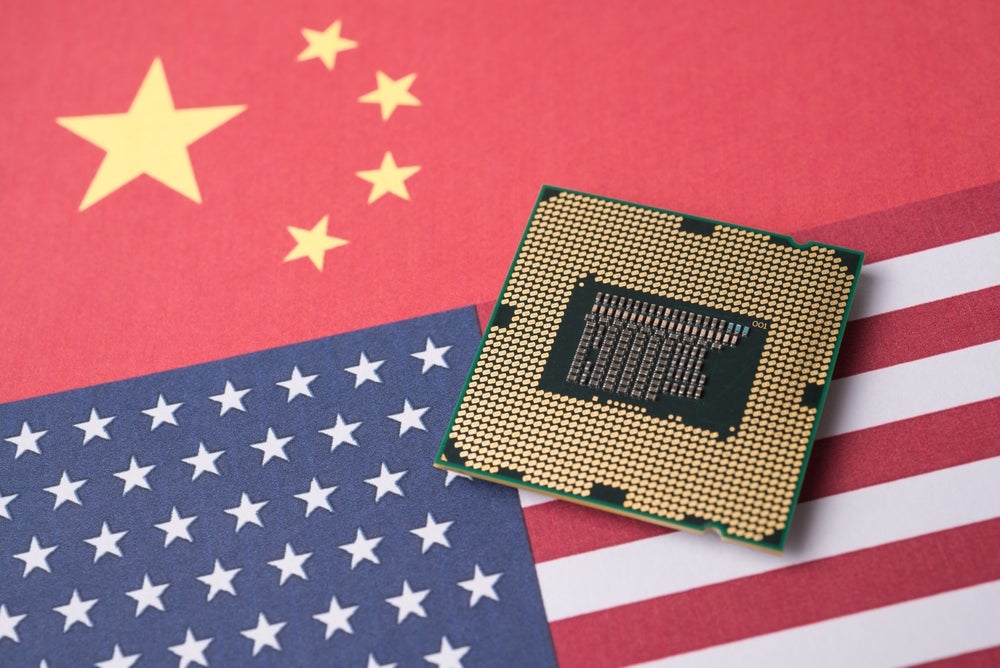
Online shopping giant Amazon may have postponed its threatened ban on Visa credit cards, but it’s not the end to the payment provider’s woes. The conflict is just a symptom of the overall mood in the payments industry, experts say.
Visa has recently come under pressure from retailers opposing expensive transaction fees and fintech rivals providing cheaper alternatives. Market stakeholders and analysts now suggest that big change is coming for the established credit card companies.
“The uprising has well and truly begun,” says Siamac Rezaiezadeh, director of product marketing at fintech startup GoCardless, noting how several UK retailers sued both Mastercard and Visa at the end of 2021 for high transaction fees.
The conflict between Amazon and Visa about whether or not the payment provider’s credit cards would continue to be allowed on the ecommerce goliath’s UK platform started in November.
Back then, Amazon said it would ban Visa credit cards from being used on the platform. It argued that the interchange fees credit card companies had introduced after Brexit are too high.
The ban, which Visa said it was “very disappointed” to hear about, was supposed to start on January 19, 2022. Mastercard, the biggest credit card provider in the UK, was notably not banned.
On Monday January 17, the two parties seemed to have come close to reaching a resolution at the 11th hour after Amazon started sending out emails to affected customers.
“The expected change regarding the use of Visa credit cards on Amazon.co.uk will no longer take place on 19 January,” the email stated.
Not out of the woods yet
While the two are “working closely” on “a potential solution”, Amazon noted in a indirect way that the issue is still not fully resolved.
“Should we make any changes related to Visa credit cards, we will give you advance notice,” Amazon wrote. “Until then, you can continue to use Visa credit cards, debit cards, Mastercard, American Express, and Eurocard as you do today.”
Iain McDougall, chief commercial officer at open banking startup Yapily, is unsurprised that negotiations are still ongoing given that Visa probably faced “a significant decline in transaction volumes”. He adds that it could also set the scene for similar conflicts in the near future.
“For Visa, a willingness to negotiate fee terms at Amazon’s demand sets a dangerous precedent for card schemes among ecommerce platforms: ‘If Amazon can negotiate card fees for its merchants, then why can’t we?'” McDougall tells Verdict.
Demand for such negotiations is set to grow. In fact, UK fashion retailers Levi, Superdry and AllSaints sued Visa and Mastercard in November last year, seeking compensation for historic charging fees in breach of competition laws. The suit came on the heels of a similar lawsuit from supermarket chains Sainsbury’s, Asda and Morrisons.
Those cases follow a UK Supreme Court ruling in 2020. The ruling said that the fees imposed by the two credit card companies for every transaction were a breach of both EU and UK competition law.
“Visa considers all claims relating to interchange to be without merit and they will be vigorously defended,” a Visa spokesperson told The Telegraph in November.
Mastercard said: “We firmly believe that retailers of all sizes derive real value from our network and we are committed to supporting our retail partners to adapt and grow their businesses through this challenging time.”
Times they are a-changing
These lawsuits as well as Amazon’s postponed Visa credit card ban highlight a shift away from legacy payment infrastructures and the growing discontent about their interchange fees.
“Visa can perhaps be assured of its status as an industry essential, even for a giant like Amazon – but it should be aware that card fees are only becoming a sharper issue for retailers,” Chris Dinga, payment analyst at GlobalData, tells Verdict. “Credit card providers are aware that interchange fees are an ongoing issues that are affecting merchants.”
With more retailers and merchant platforms openly opposing interchange fees, Dinga believes that the credit card companies’ “income is likely to further shrink under such pressure from retailers.”
If they don’t cut their fees, they open themselves up for having market shares taken from them by rival fintech firms providing cheaper services.
“Emerging technologies with lower-fee business models, such as instant payments, may begin to take advantage of retailer dissatisfaction with card fees,” Dinga says.
Unsurprisingly, representatives among the UK’s fintech startup community share this sentiment.
“[The] issue has highlighted a fundamental need for new solutions that benefit every retailer rather than acting as a short-term sticking plaster for the few,” says Roger De’Ath, head of UK at open banking unicorn TrueLayer.
“For too long, cards have been retrofitted into online checkouts, creating an invisible web of hidden costs and unwieldy payment structures that affect the cost base of every single retailer. With new technologies available that can move money at a fraction of the cost and time, the industry no longer needs to be held hostage to card networks for all transactions.”
McDougall of Yapily adds: “With the rise of alternative payment methods, merchants no longer need to be beholden to the legacy infrastructure, high card fees, and lengthy settlement times associated with dominant card networks. Instead, open banking technology is enabling merchants and consumers to make instant, direct account-to-account payments, eliminating these factors as well as card security concerns altogether. This is great for merchants of all sizes, and great for consumers.”
A similar sentiment was shared by buy-now-pay-later quadradecacorn Klarna’s chief marketing officer David Sandström in an exclusive interview with Verdict in January.
“Credit card companies have made an astounding amount of money by essentially cheating and taking advantage of people with bad terms and conditions, high rates and extremely disadvantageous interest,” he said. “What we’re seeing now is a whole generation abandoning credit cards. Roughly 70% of American millennials don’t have a credit card because they fear them more than they dread death, according to some reports.”







